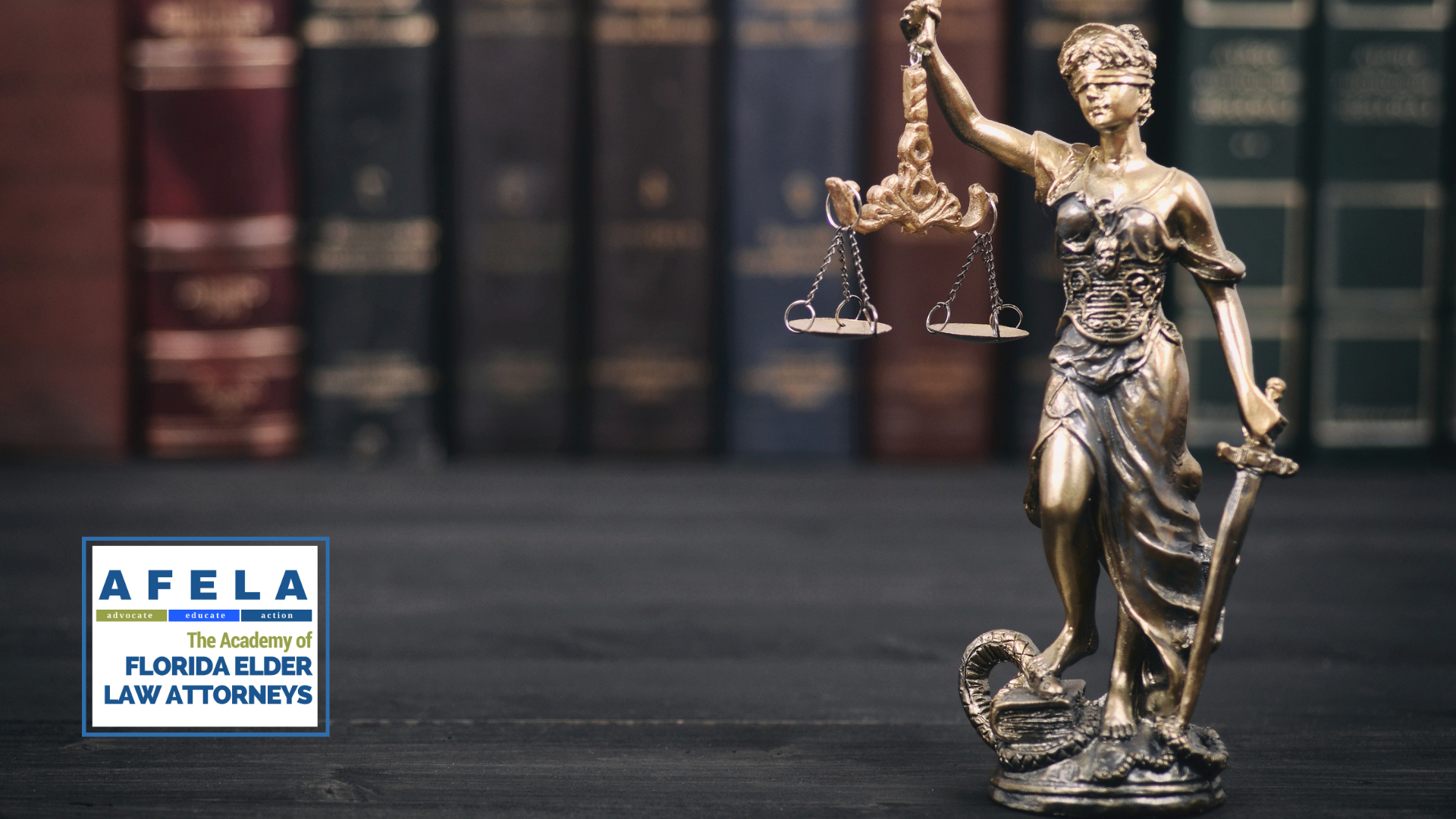
Are you aware that less than half of all American adults have an estate plan? This is a very serious statistic. Why? Because this means that these adults have not chosen who will have the legal authority to make their decisions if they became incapacitated due to an accident, surgery or serious disease. Many adults think of their estate planning in terms of inheritance and planning for their loved ones at the time of their passing. But there is more, an estate plan will allow adults to make lifetime decisions that can protect them as well. For example, decisions as simple as paying the mortgage bill or making sure a paycheck is deposited to something much more complicated such as who has the authority to pick up the minor children from school or how to manage your business. In essence, an estate plan is a vital tool in making sure adults are always protected and their loved ones are provided for.
However, even though your estate planning is important, it might surprise you to learn that your estate planning may not be enough. Your estate plan allows you to plan for yourself, your loved ones, your business, and your legacy during both your lifetime and at the time of your passing, but it does not contemplate your long-term care. So, what will happen as you age and you potentially face more challenges?
Even though estate planning is vital, it does not encompass elder law planning. During this National Elder Law Month, it is vital to share this information with you and help you better understand why elder law planning is, in addition to estate planning, so important and critical to your health and well being. Below are a few key insights we want to share in regard to where estate planning ends and elder law planning begins.
- While estate planning does not necessarily plan for long-term care, it can help. How can your estate plan help? With your durable power of attorney and health care documents, you are able to choose a trusted person who can make decisions for you in the event you are incapacitated. This could be due to a surgery or a car accident, but it also could be the result of a medical condition such as Alzheimer’s Disease or dementia. In these instances, while your estate planning document may not contemplate long-term care, it can give your trusted agent, chosen by you, the authority to both find you the care that you need and work with your attorney to find ways to pay for it.
- With elder law planning the gap in medical coverage for seniors can be addressed. Were you aware that the Medicare system is an acute payor system? That means that while Medicare will pay for your hospital stay and portions of your rehabilitation, it will not pay for the potential need for assisted living or skilled nursing home facility care. Currently, most families cannot afford the high cost of long-term care in a facility that can start at $4,000 or more per month. That is why elder law planning with your experienced Florida elder law attorney enables you to make a plan for how to find the care you need and a way to pay for it. Be aware that there may be more options available the earlier you begin planning.
- Estate planning attorneys may overlook long-term care planning. Elder law is still a fairly young area of law. However, as more and more Americans age there is an increasing need for elder law planning. When you meet with your Florida elder law planning attorney he or she will be able to make sure your estate planning is written in a way that allows for long-term care planning in the future. Your advanced directives and power of attorney do need specific language in them to be able to work when you need long-term care planning, which may come at a time when you can no longer make decisions for yourself.
We know this article may raise more questions than it answers. The Academy of Florida Elder Law Attorneys (AFELA) is the pre-eminent organization of Florida elder law attorneys providing advocacy, education and action on behalf of seniors and people with disabilities. We encourage you to contact one of our attorneys in your area using our Find a Lawyer website for assistance.








